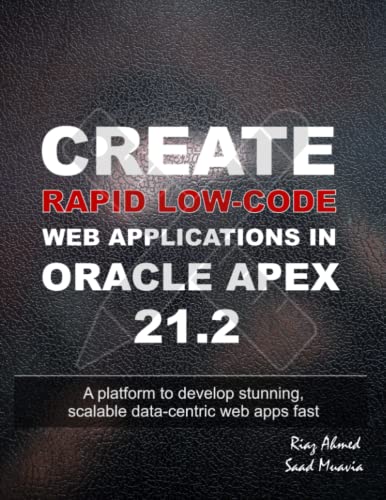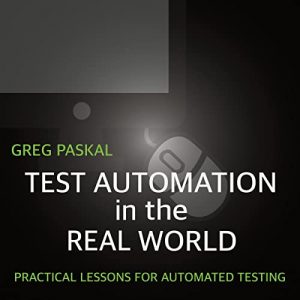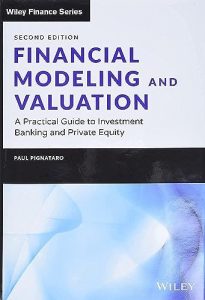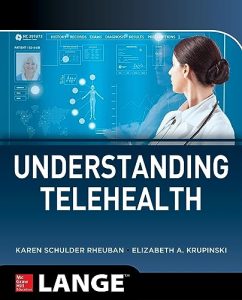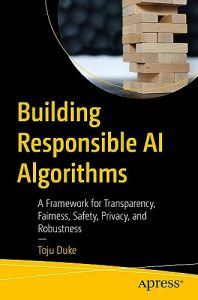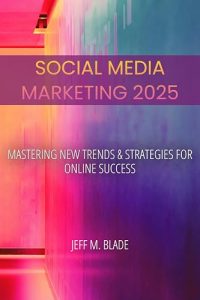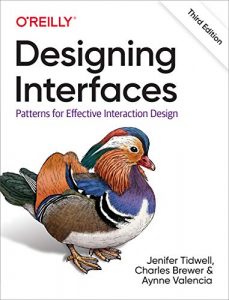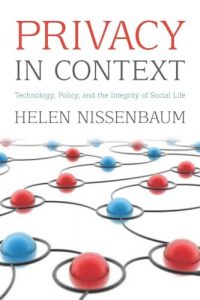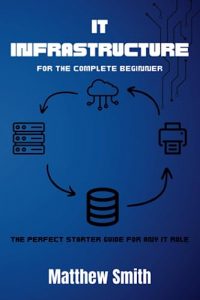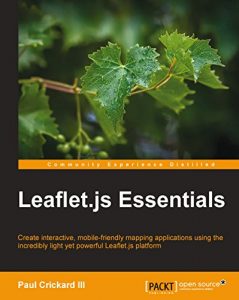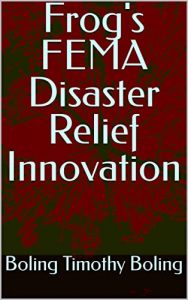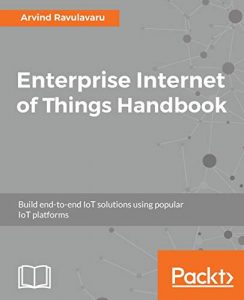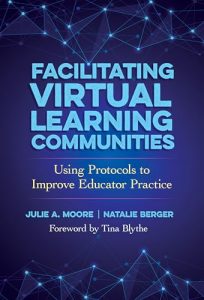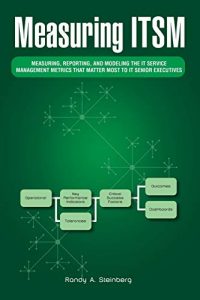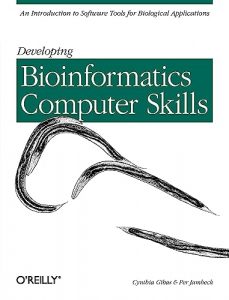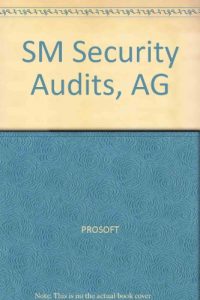Unlocking Innovation: Essential Reads for Mastering Low-Code Development
As the world of technology progresses at an astonishing pace, low-code platforms have emerged as a revolutionary solution for businesses seeking agility and efficiency. Whether you’re a seasoned developer or a newcomer looking to explore application development, the following books provide valuable insights into creating effective low-code applications. Each of these selections is a must-read for anyone wanting to thrive in the digital age.
Create Rapid Low-Code Web Applications in Oracle APEX 21.2
By Riaz Ahmed and Saad Muavia, this book serves as an indispensable guide for developers keen on utilizing Oracle APEX for building stunning web applications. The authors break down the complexities of the platform, showcasing how to create scalable, data-centric web apps efficiently. With practical examples, this book makes it accessible for readers to grasp building and deploying apps rapidly. If you want to revolutionize your application development process, this book is your go-to resource.

Learning Microsoft Power Apps
Arpit Shrivastava’s “Learning Microsoft Power Apps” is an essential resource for those keen on building business applications using low-code technology. This book guides readers through creating customized business solutions with Power Apps, navigating its features and capabilities. It’s a practical handbook filled with insights that empower professionals to build robust applications without extensive programming knowledge. Perfect for both novices and experienced developers alike, this book exemplifies how low-code technology can meet complex business needs effectively.

Building Low-Code and No-Code Applications with Maestro Blocks Platform
This innovative title by Esra’a Mashagba, Hadeel Alna’amneh, and Mohammed Momany is a comprehensive guide to utilizing the Maestro Blocks platform. The authors walk you through the fundamentals of building applications without extensive coding, making it perfect for business users and tech enthusiasts. The step-by-step approach makes complex concepts simpler and allows readers to harness the power of low-code solutions in various real-world applications. This book is a testament to the accessibility of technology in today’s business world.

The Operational Excellence Library; Mastering Low-Code Platforms
Authored by Gerardus Blokdyk, this book dives into the intricate world of low-code platforms and their role in operational excellence within organizations. This resource explains how to effectively implement low-code solutions that drive productivity and foster innovation. The detailed analysis and actionable strategies provided make this book a valuable addition to a leader’s library, aimed at enhancing organizational efficiency through the unique capabilities of low-code platforms. This could transform your approach to digital transformation.

Georgia Low Voltage Contractor License Exam Review Questions and Answers
“Georgia Low Voltage Contractor License Exam Review Questions and Answers” by ExamREVIEW might seem niche, but it’s crucial for professionals in the low-voltage contracting field. This self-practice book focuses on LV technical and codebook information, equipping candidates with the knowledge they need to ace their exams. For industry professionals, this resource not only prepares you for certification but also ensures that you stay updated with current standards and practices in low voltage work.

Microsoft Power Apps Cookbook
Eickhel Mendoza’s “Microsoft Power Apps Cookbook” is a treasure trove of practical solutions designed to help users create efficient, user-friendly apps. This book covers a variety of common challenges faced by users and provides troubleshooting tips to navigate the ever-evolving Power Apps landscape. It’s perfect for anyone looking to improve their app development skills while understanding how to apply best practices in real-world scenarios. This cookbook approach makes learning fun and easy, ensuring that you master the Power Apps tool.

Microsoft Power Platform Enterprise Architecture
In the second edition of “Microsoft Power Platform Enterprise Architecture” by Robert Rybaric, architects and decision-makers will discover how to tailor low-code solutions to meet complex business requirements. This comprehensive guide offers best practices and strategic insights necessary for creating robust architectures. The focused approach equips decision-makers with the tools they need to design effective solutions that address organizational challenges. This book is a critical resource for professionals seeking to harness the full power of the Microsoft Power Platform.

Arizona Low Voltage Contractor License Exam Review Questions and Answers
This self-practice book from ExamREVIEW focuses on Arizona’s low voltage contracting requirements. With review questions designed to enhance knowledge of technical and code book information, this book prepares candidates thoroughly for their licensing exams. It is an essential resource for aspiring contractors who need to ensure they are ready for certification and stay compliant with current laws in the industry. A valuable tool for building a successful career in low voltage contracting.

Building Apps Without Coding
“Building Apps Without Coding: A Beginner’s Guide to Low-Code and No-Code Platforms” from CloudMatrix Learning empowers readers to create applications without a technical background. This book covers fundamental concepts of low-code and no-code platforms and how to maximize them for achieving personal or business goals. It’s a must-read for those looking to harness the power of technology to innovate and simplify their processes quickly. The accessible nature of this guide makes it open to all, regardless of coding experience.

Low Code Development Platforms A Complete Guide – 2020 Edition
Gerardus Blokdyk’s “Low Code Development Platforms A Complete Guide” offers a deep dive into low-code development as an essential approach for modern businesses. This guide not only provides comprehensive instructions on implementing low-code solutions but also enlightens readers about the future of this rapidly-evolving technology. Blokdyk’s insights and practical advice make this a vital resource for organizations looking to innovate their software development processes with low-code platforms. This guide has implications that extend beyond coding as it prepares a foundation for future technology strategies.


